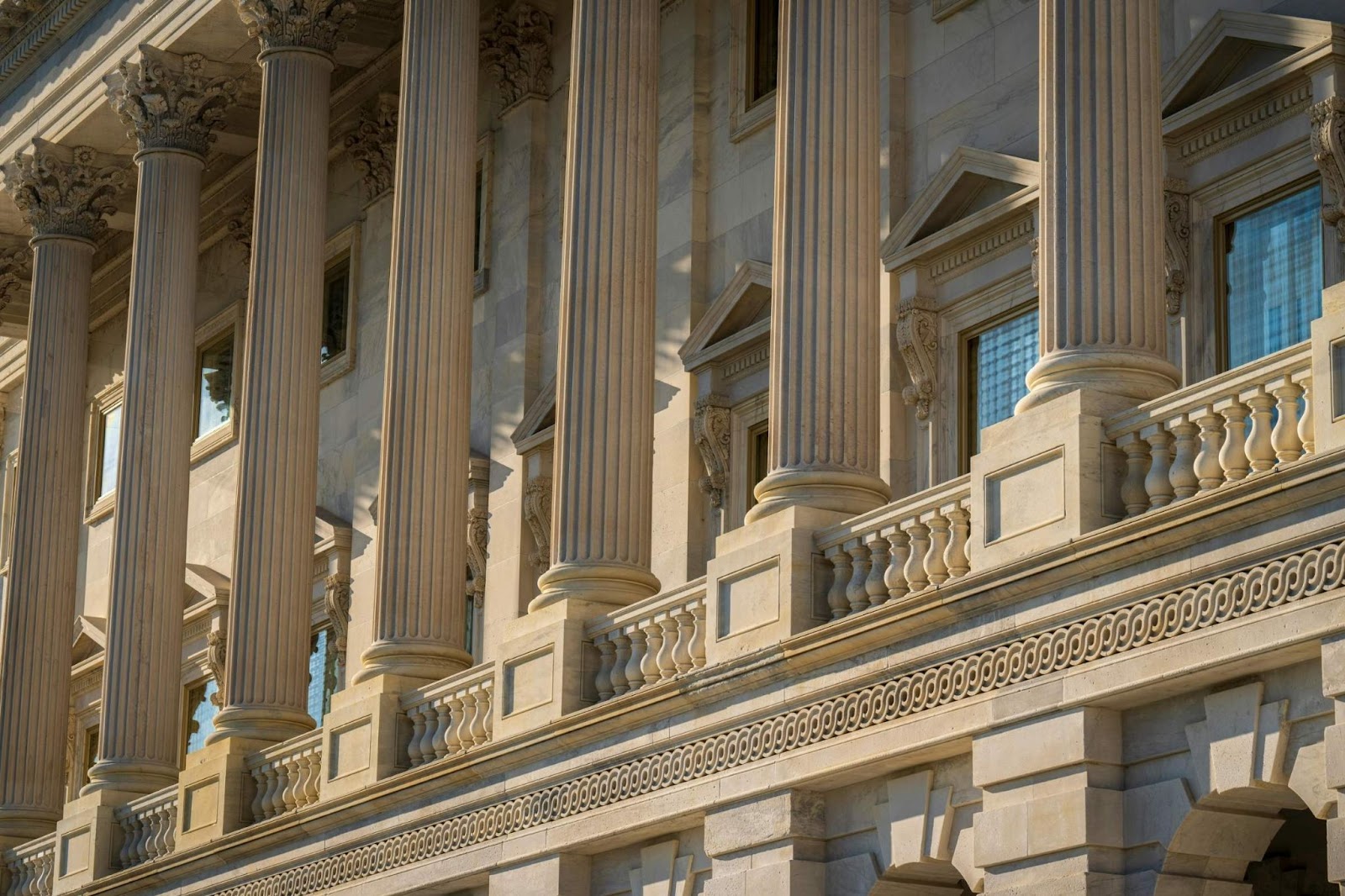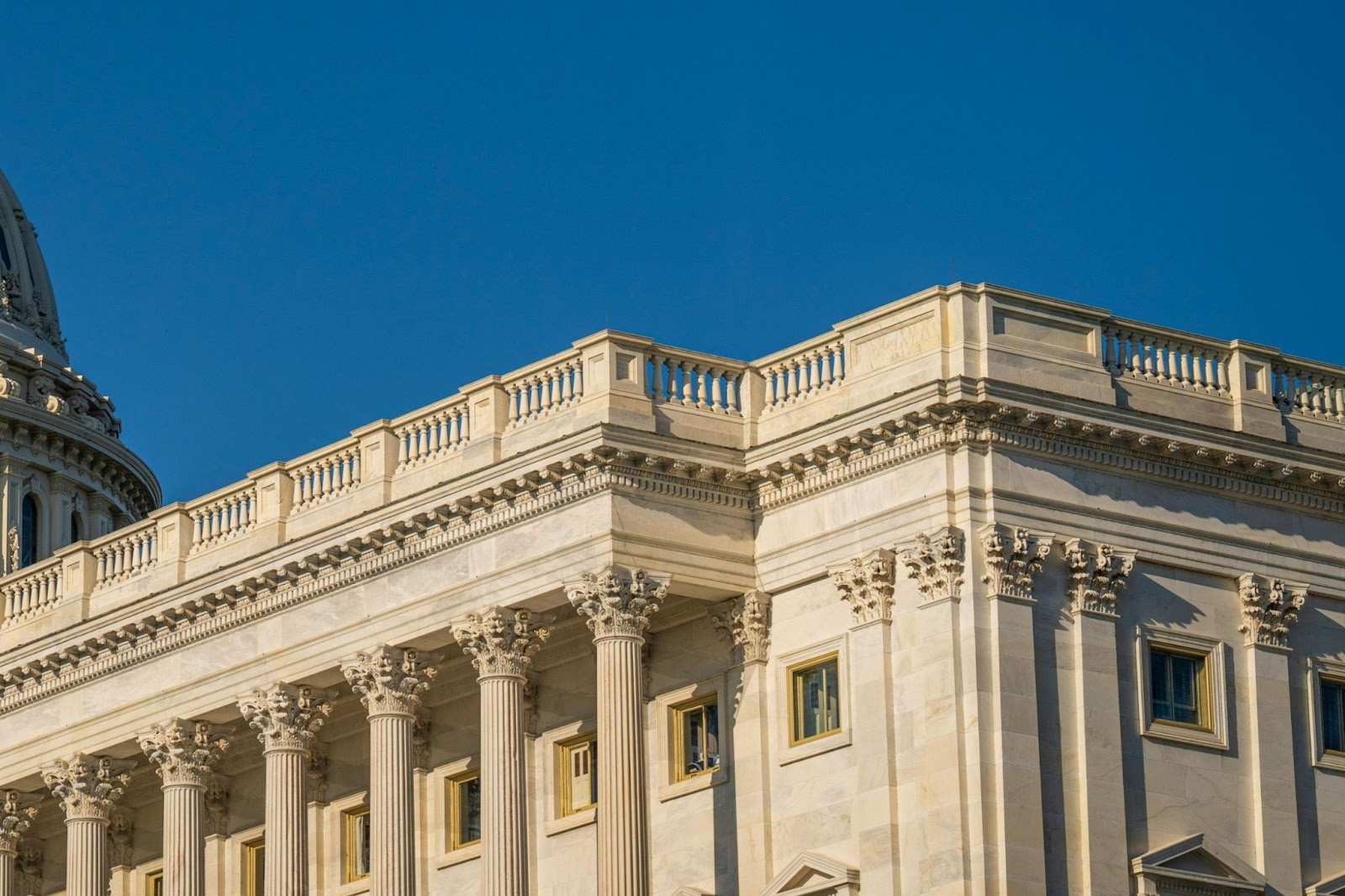Montana grocery tax plays a key role in how food-related businesses manage compliance and item pricing. From supermarkets and online retailers to restaurants and cafés, understanding which products are taxable versus exempt helps prevent errors and ensures smoother operations.
This article provides a clear overview of the rules and exemptions that apply, giving businesses and tax professionals the insights they need to understand why sales tax is important for maintaining compliance and strengthening customer confidence.
Does Montana Tax Groceries?
For grocery stores, e-commerce food retailers, restaurants, cafés, and food vendors, the rules around the Montana grocery tax are foundational for proper functioning and regulatory compliance. In short, Montana does not impose a general sales tax on groceries, as there is no sales tax implemented throughout the state.
For businesses that sell groceries and food supplies, this makes operating in Montana relatively straightforward. The absence of taxation simplifies pricing, reduces administrative work, and eliminates the confusion often associated with categorizing taxable versus exempt products.
As a result, complying with the grocery tax in Montana is far less complicated compared to many other states, and makes overall US sales tax compliance significantly simpler.
Overview of Sales Tax in Montana
Montana is one of five U.S. states that does not have a state-wide sales tax. Additionally, there are no standard local sales taxes either, except in a few resort areas where a resort tax of up to about 3% may apply to lodging, restaurant services, or tourist-related goods and services.
Under Montana law, currently, the following localities and municipalities are classified as resort areas and levy the 3% local resort tax:
- Red Lodge
- Virginia City
- West Yellowstone
- Whitefish
- Big Sky
- Cooke City
- Craig
- Gardiner
- St Regis
- Wolf Creek
Additionally, Montana imposes a lodging facility sales and use tax. This includes a 4% use tax and a 4% sales tax on accommodations, resulting in a combined 8% tax. This tax is calculated on the total amount the purchaser pays for lodging services, but costs related to meals, transportation, entertainment, or other separately itemized services are specifically excluded and therefore not subject to this accommodation tax.
For international businesses comparing taxation systems, Montana’s lack of general sales tax means that a majority of transactions to Montanans are exempt. The VAT vs sales tax comparison becomes less relevant internally as there is no general sales tax burden.
Knowing these details helps food retailers, restaurants, and tax advisors understand obligations and avoid misapplying charges. When assessing the Montana grocery tax, the simplicity of having no general sales tax means fewer categories to track and reduced risk of incorrectly levying or collecting a tax where none is due.
Grocery Tax Rules in Montana
For businesses in Montana, it’s important to understand how grocery tax rules work, even though the state does not impose a general sales tax. Different categories of food and beverage sales can still fall under unique tax considerations, particularly when it comes to alcoholic beverages and tobacco products.
Exceptions
While the sales tax on groceries in Montana is generally 0%, certain items are still subject to specific taxes. Businesses selling these products must be aware of the applicable rates, check reporting requirements, and usually apply for a sales tax permit :
- Cigarettes and Small Cigars: Packs of 20 cigarettes or small cigars are taxed at $1.70 per pack. For packages of other sizes, the tax is calculated at $0.085 per individual cigarette.
- Other Tobacco Products: All tobacco products, except cigarettes and moist snuff, are taxed at 50% of their wholesale price.
- Beer: Brewers must pay a tax on beer sold directly to retailers or consumers. The rate depends on the annual production volume as follows:
- 0–5,000 barrels: $1.30 per barrel
- 5,001–10,000 barrels: $2.30 per barrel
- 10,001 or more barrels: $4.30 per barrel
- Wine and Hard Cider: All wineries selling wine or hard cider in Montana to retailers or consumers must file a Wine Excise Tax Return. The tax rates are:
- Wine: $0.27 per litre
- Hard cider: $0.037 per litre
Understanding these exceptions ensures that businesses remain compliant while operating in Montana’s largely tax‑free business environment.
SNAP/WIC Purchases
Since the Montana food tax is 0%, most grocery items are already tax-free across the state. However, for individuals and families using federal assistance programs, it’s still important to understand how these benefits interact with grocery purchases.
- SNAP (Supplemental Nutrition Assistance Program): SNAP benefits can be used to buy groceries and unprepared foods completely tax-free.
- WIC (Women, Infants, and Children Program): WIC benefits are designated for specific food items such as milk, cereal, formula, and other essentials. As with SNAP, purchases through this program are tax-exempt.
Nexus Thresholds
In Montana, carrying out nearly any business activity, other than soliciting the sale of tangible goods, can establish a nexus and trigger a filing obligation. Companies that meet this standard must register for the appropriate permits and submit the necessary tax returns.
For businesses involved in selling food, this requirement is less complex. Because Montana does not impose a general sales tax, there is no need to evaluate a physical nexus or economic nexus for grocery sales. This significantly reduces the compliance burden for both in-state and out-of-state food retailers when it comes to the Montana grocery tax.
Tax on Food and Beverages in Montana
Most grocery products and staple food items in the state are exempt from taxation, as Montana does not impose a general sales tax. This means that, in nearly all cases, the tax on food in Montana is effectively zero, simplifying compliance for retailers and consumers alike.
The only significant exceptions involve alcoholic beverages such as beer and wine, which are subject to specific excise taxes. Overall, the Montana grocery tax structure is simple, with minimal obligations on food sales compared to many other states.
Local Jurisdiction Variations in Montana
Montana does not impose local sales taxes on groceries, and municipalities cannot add extra food taxes on top of the state’s system. This means grocery retailers, restaurants, and food vendors do not face varying tax rates from city to city.
However, certain localities may apply a resort tax of up to 3% on goods and services that cater to tourists, including lodging, restaurant meals, and other amenities. In addition, a lodging facility sales and use tax applies statewide to accommodations, but this tax does not extend to meals.
Out-of-State Resale Certificate
Normally, Montana does not accept out-of-state resale certificates because it does not have a general statewide sales tax. A resale certificate is used to exempt a transaction from a state’s sales tax, and since Montana does not collect one, the concept is not applicable for sales within the state.
This streamlined approach makes it easier for food retailers and advisors to stay compliant, as they do not have to manage complex local tax structures. Businesses can operate with confidence knowing that the Montana grocery tax framework is straightforward and predictable across the state.
Examples: How Grocery Tax Applies in Montana
Understanding how the food and beverage tax in Montana is applied helps businesses, retailers, and tax advisors avoid mistakes at the register and remain compliant. While most staple groceries are exempt due to the absence of a general sales tax, certain items like candy and prepared foods might be difficult for businesses to categorize as taxable or exempt.
Below are examples that illustrate how different types of transactions are treated under Montana’s tax rules:
- Bag of Apples: Fresh produce is exempt. As Montana does not impose a general sales tax, apples and other unprepared groceries are sold tax-free.
- Restaurant Meal: Prepared meals, such as dining at a restaurant or café, are not subject to state sales tax. However, in certain tourist towns, a local resort tax may apply, adding a small percentage to the total bill.
- Packaged Candy: Candy, when purchased in a grocery or retail store, is also tax-free, unless a local resort tax applies. This is simpler than in many states where candy is taxed differently from groceries.
- Coffee Beans vs. Brewed Coffee: Purchasing a bag of coffee beans in a store is tax-free. On the other hand, a brewed cup of coffee from a café is generally tax-free as well, unless a local resort tax applies.
With most grocery products exempt, the Montana grocery tax system is one of the most straightforward in the country, helping businesses simplify compliance and reduce administrative burdens.
Compliance Challenges for Businesses in Montana
While Montana does not impose a statewide sales tax on groceries, businesses may encounter certain compliance challenges. Failure to address these properly can result in penalties, sales tax audits, and damage to reputation.
Common issues include:
- Managing Operations in Resort Areas: Businesses with outlets in resort towns must correctly apply and collect local resort taxes on meals, beverages, and other taxable services. This creates added complexity when operating across both taxed and non-taxed jurisdictions.
- Filing Accurate Reports: Companies selling alcohol, tobacco, or lodging services must file precise returns with the Montana Department of Revenue. Errors in reporting or underpayment of excise taxes can trigger penalties and enforcement actions.
- Handling Exemption Documentation: Businesses engaged in resale across state lines must use Montana’s own sales tax exemption certificates, if accepted. Incorrect or missing documentation can expose businesses to back taxes.
- Recordkeeping and Oversight: Properly distinguishing between taxable and exempt transactions, especially for companies with diverse offerings, is essential to avoid compliance missteps.
By staying proactive in these areas, businesses reduce their risk of penalties, safeguard against audits, and maintain customer trust while operating smoothly under the Montana grocery tax framework.
How Commenda Helps with Montana Grocery Tax Compliance
Managing Montana grocery tax requirements may seem straightforward, but businesses still need to handle excise taxes, local resort taxes, and exemption documentation with care. Commenda provides a comprehensive solution that simplifies compliance, automates calculations, and minimizes risk for food retailers, restaurants, and e-commerce sellers.
Our advanced sales tax platform automates grocery and food tax calculations, ensuring accuracy even when rules shift across state or local jurisdictions. The system updates in real time as regulations change, eliminating the guesswork and manual tracking that often lead to filing errors.
By covering not just U.S. sales tax, but also VAT and GST obligations, it supports businesses operating across borders with ease. With streamlined filing processes, proactive updates, and accurate reporting, we reduce compliance risks while saving valuable time for your business.
Book a free demo today to learn how Commenda ensures your grocery tax compliance in Montana is accurate and effortless.
FAQs on Grocery Tax in Montana
Q. Are groceries taxed in Montana?
Most groceries and staple food items in Montana are not subject to sales tax. The state does not impose a general sales tax, so unprepared food products are sold tax-free.
Q. Is there sales tax on prepared food in Montana?
Prepared meals from restaurants or cafés are generally tax-exempt, though local resort taxes may apply in certain tourist areas.
Q. Are soft drinks and candy taxed?
No. Soft drinks, candy, and other packaged grocery items are not taxed under Montana’s grocery tax rules.
Q. Are groceries purchased with SNAP/WIC taxed?
No. Items bought with SNAP or WIC benefits remain tax-free, just like other exempt grocery products in the state.
Q. Do restaurants charge sales tax in Montana?
Restaurants typically do not charge sales tax, except in locations where local resort taxes apply or for specific excise-taxed items such as alcoholic beverages.
Q. How often do grocery tax laws change?
Changes are rare due to the absence of a general sales tax. Updates typically occur for local resort taxes, excise taxes, or federal food programs. Businesses should monitor regulatory updates regularly.
Q. How can businesses automate compliance?
Automated solutions, like Commenda’s software, handle calculations, apply tax rules accurately, update rates automatically, and simplify filing for both state and local taxes. This reduces errors and saves time.
Q. Does Commenda’s software handle multi-state grocery tax?
Yes. Commenda supports businesses operating across multiple states, automatically applying the correct tax rules, including VAT, GST, and U.S. sales tax requirements, ensuring accurate compliance wherever sales occur.










